On Saturday, July 24, sharpshooter Javad Foroughi won Iran’s first gold medal at the 2020 Tokyo Olympics, setting a new Olympic record in the 10m men’s air pistol final. The triumph was tempered for many by the fact that he is also an active member of the Islamic Revolutionary Guard Corps.
Iranian media outlets close to the IRGC, such as Fars News Agency, Tasnim News Agency and sports channel Varzesh Seh, seized on the victory to re-hash epic tales about Foroughi’s adventures in war-torn Syria. On Iranian social media, however, his image has been held up against those of his IRGC colleagues gunning down civilians on the streets of Iran during the 2009 Green Movement and successive protests from 2017 to 2019.
Javad Foroughi’s Uncanny Resemblance to the Azadi Street Basiji
In July 2009, footage was widely circulated online of a member of the paramilitary Basij Resistance Forces firing directly at a crowd of protesters near Azadi Square in Tehran. The attack in cold blood took place at the end of a peaceful “silent march” against the outcome of the June 15 presidential election, which had seen Mahmoud Ahmadinejad into a second term.
At least three people were killed by the at that one gathering, with more than a dozen others injured. Among the dead were a mother and child leaving the entrance of a kindergarten in front of the nearby 117th Ashura Battalion base, affiliated with the Quds Special Resistance Force, who were simply caught in the crossfire. The state referred to them as “rioters” who had been trying to attack the Basij base.
Photographs of the helmeted Basij shooter stationed on the roof of the base were held up for comparison by some Iranians against those of Foroughi at the Asaka Shooting Range in Tokyo. One embittered Iranian Twitter user, noting the curious visual similarity between the two, wrote: “An Olympic gold medal around the neck of the IRGC sniper who acquired the skill of shooting by targeting and killing defenceless and oppressed people on the streets.”
In an interview with Islamic Republic of Iran Broadcasting, Javad Foroughi said he had been practicing shooting in the basement of Tehran’s Baqiyatollah Hospital for the past two years. Baqiyatollah is a military treatment center owned by the Revolutionary Guards. The fact that its basement had been turned into a shooting range, though, was new information to many.
IRGC Shooter’s Record in Syria Interrogated
Top-tier Iranian athletes in the diaspora were also quick to voice their disgust at Foroughi’s win. Sardar Pashaei, a former coach of the national wrestling team who moved to the US in 2009, called the inclusion of a member of the IRGC “illegal”. Addressing the International Olympic Committee, he said: “Do your research and get your medal back.”
Sam Rajabi, an ex-judoka on the Iranian national team who fled to the United States in 2010, pointed out that on the same day Foroughi was bringing another accolade home to the Supreme Leader, Iranians in Khuzestan and other provinces were protesting against the regime and being shot dead by his colleagues in the security forces. In a follow-up tweet, Rajabi added Foroughi’s gold was the by-product of “forty years of direct shooting training by the Islamic Republic's military".
Iranian state news agencies also republished Foroughi’s past remarks about having served as an “advisor” and medic on the Syrian battlefield. Fars News Agency proudly called Foroughi a "nursing guard" who had supported the fight "against Islamic State": the Iranian regime’s misleading catch-all term for any opponents of Bashar al-Assad.
Iran-sponsored forces have had a presence in Syria for years, always supporting the Assad regime. For this reason, some Iranian Twitter users had no compunction with referring to Javad Foroughi as a “protector of Bashar al-Assad’s dictatorship”, a hired “mercenary” and even “child killer”.
Pro-regime Iranians, however, weighed in to defend the Guards’ Olympic champion. "The IRGC got the gold in the Olympics. If there was no IRGC, there would be no country," wrote one Twitter user. Other hardline accounts shared lavish praise of Javad Foroughi in what may have been a co-ordinated attempt to drown out the criticism; several tweets were identical in their content, without so much as a comma between them.
Javad Foroughi as Symbol
This is far from the first time that representatives of repressive and hateful states have breezed into the Olympics. Far from it: in 1936, the Nazis tried to cover up their violent racist policies while actually hosting the Games in Berlin. Adolf Hitler then refused to shake hands with a black American athlete, Jesse Owens, who had defeated the German long-jumper Lutz Long, while Germany’s Cornelius van Oyen gave the Nazi salute and shouted “Heil Hitler” on winning the gold in the men’s rapid-fire pistol event.
While not comparable to the Nazi Party in terms of the scale of its crimes, the IRGC is a detested entity in much of Iran and the wider Middle East for its violent adventurism abroad, brutal oppression of civilians at home and sponsorship of global organized crime.
In the image of Javad Foroughi staring down the barrel of his gun in Tokyo, many Iranians again saw the shooting of their loved ones, friends and compatriots during the various uprisings that have rocked Iran since 2009. They remember the 176 innocent passengers killed when the Guards filled two missiles on Ukrainian Airlines Flight 752 last January. They see the gunning-down of young men in Khuzestan, the torture of prisoners in secret detention centers up and down the country, and the untrammelled racketeering, state-sponsored terrorism and economic corruption that have now seen Iran sanctioned and isolated for years on end.
Related coverage:
Revolutionary Guard Wins Iran's First Olympic Gold
Trump Designates Revolutionary Guards a Terrorist Organization
Father of Flight 752 Victim Calls Guards and Foreign Minister Criminals
Holy Terror: Iran's Criminal Record from Germany to Ethiopia
A Year After his Death, Soleimani's Corrupt Practices Begin to Surface
visit the accountability section
In this section of Iran Wire, you can contact the officials and launch your campaign for various problems




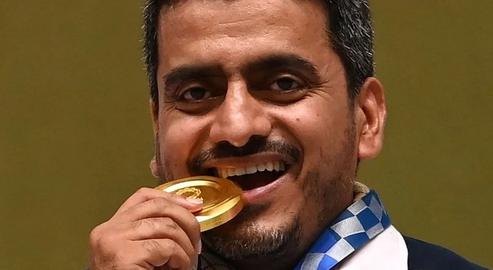
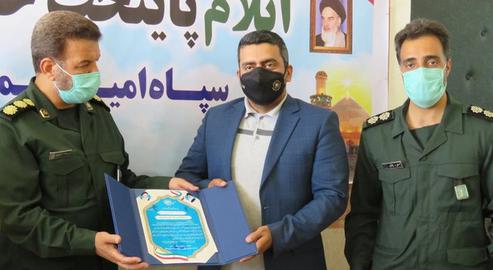
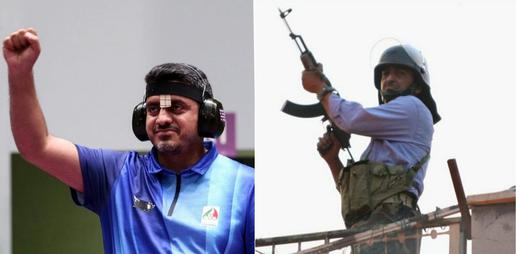
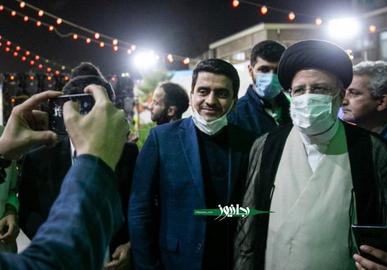



















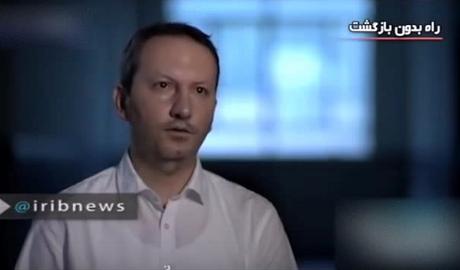
comments